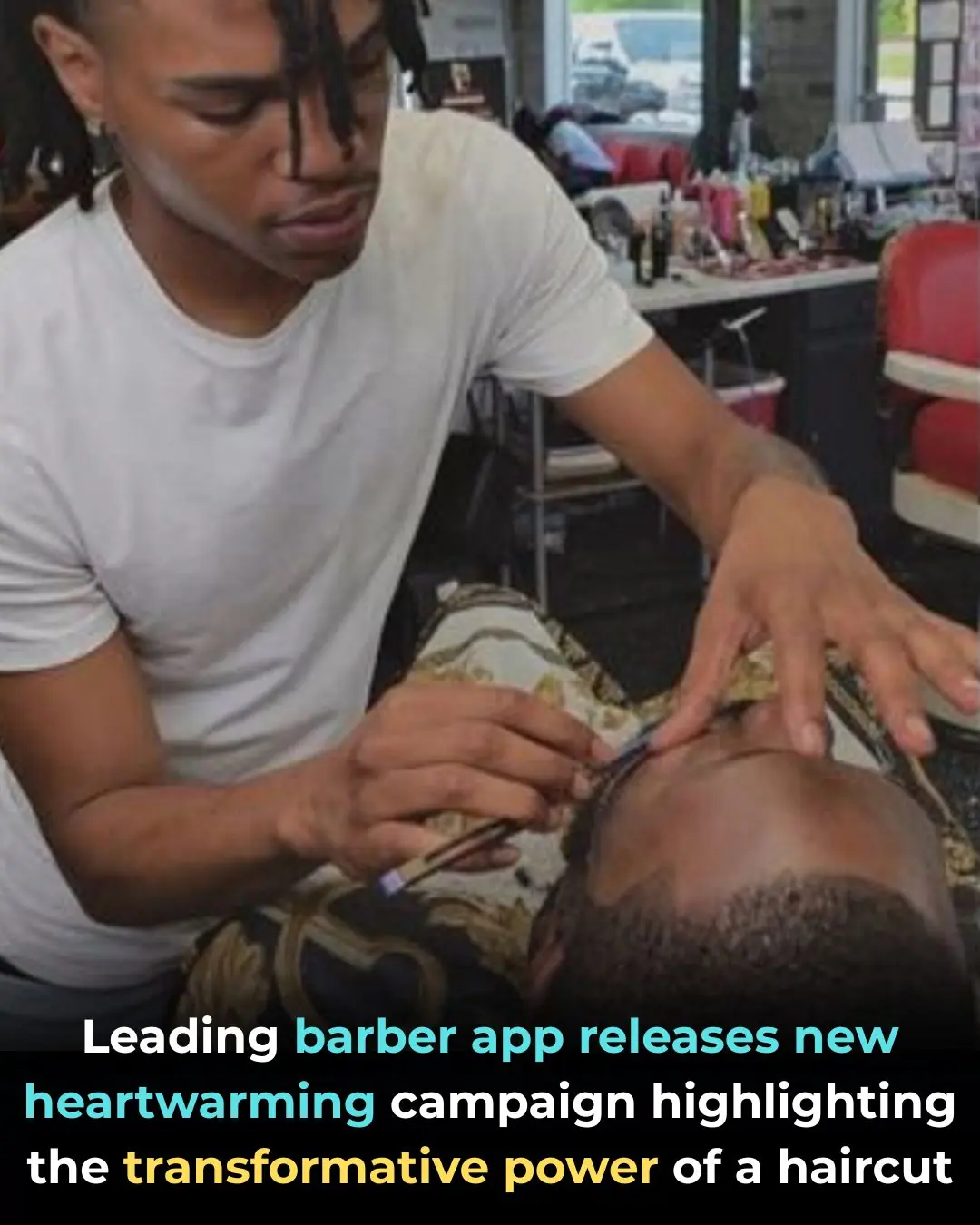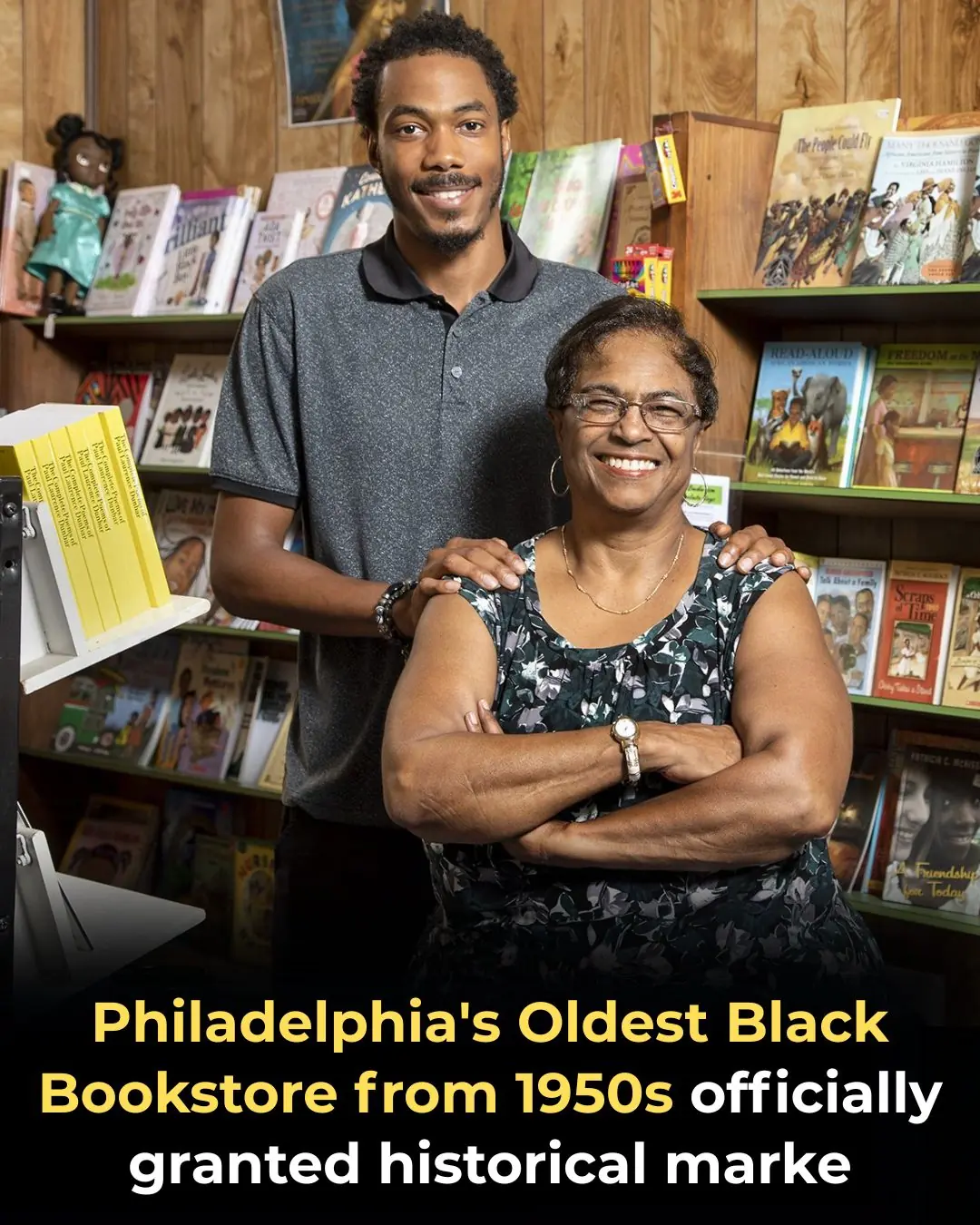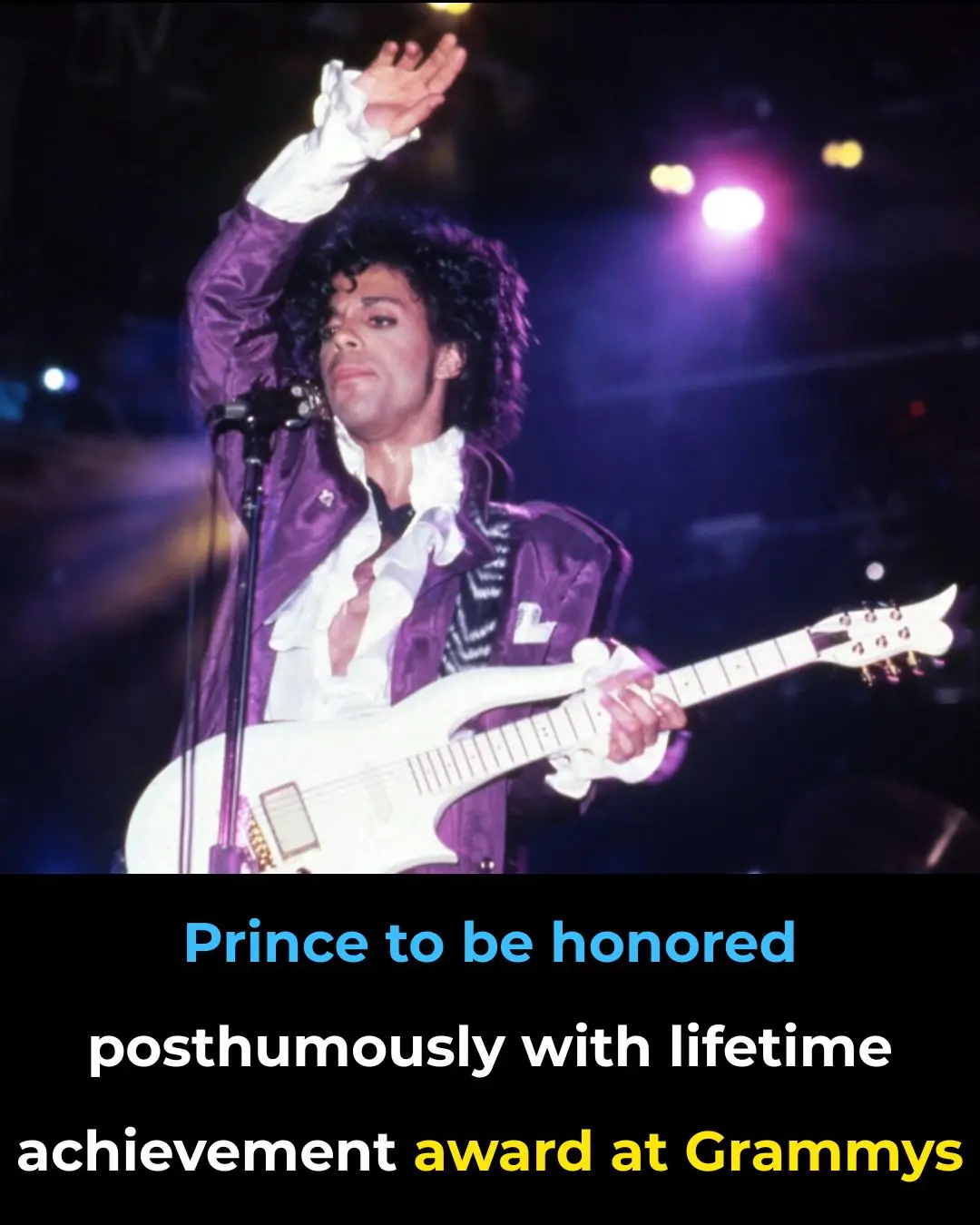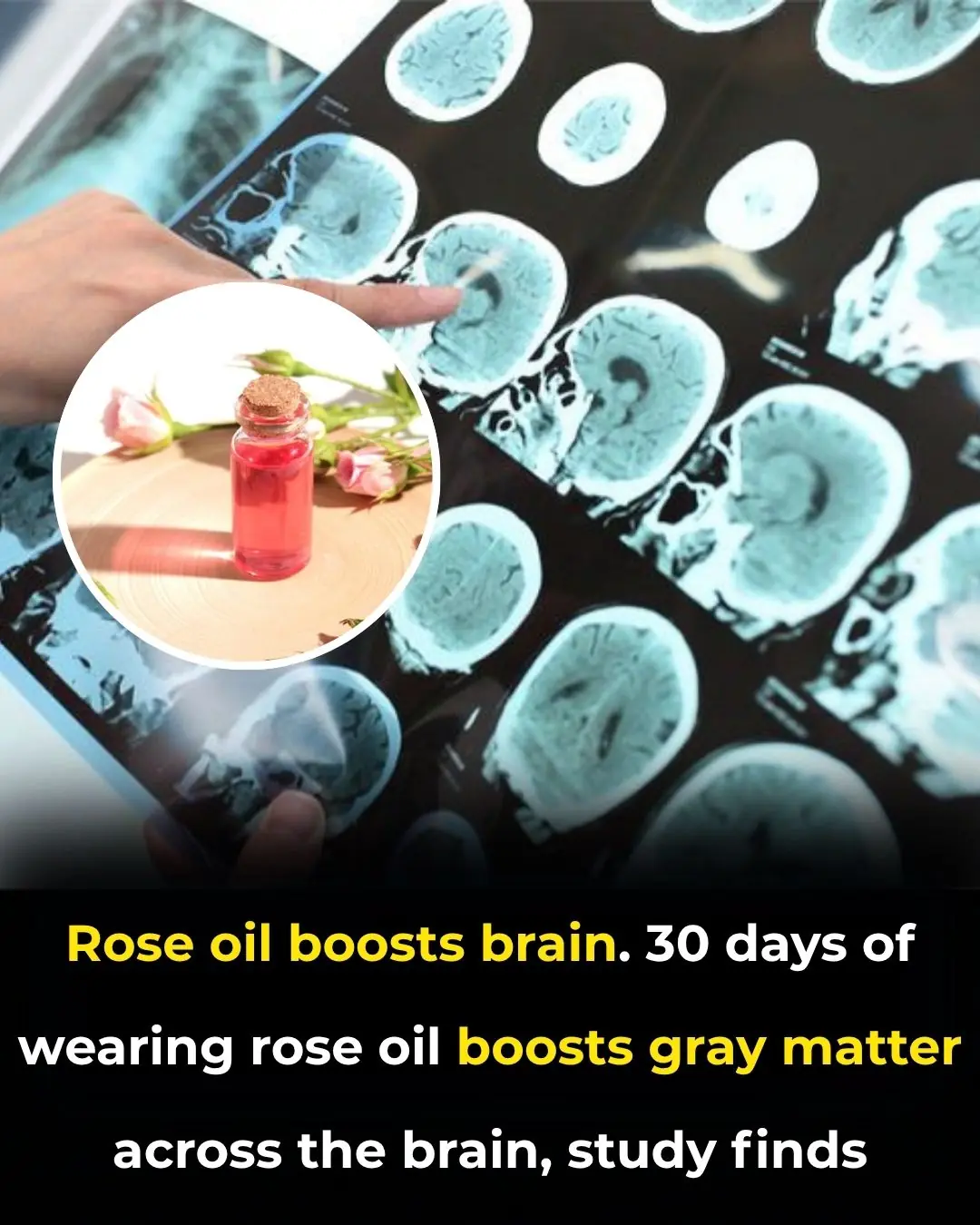
Johns Hopkins Welcomes Second Cohort of HBCU STEM Scholars as Part of $150M Commitment
Johns Hopkins University has officially welcomed its second cohort of Vivien Thomas Scholars, marking another major step in its commitment to diversifying STEM PhD education (Johns Hopkins Hub). This highly selective program was created to honor the legacy of Vivien Thomas, a Black surgical laboratory supervisor who worked at Johns Hopkins for nearly forty years beginning in the 1940s, and who trained generations of surgeons and scientists. He is perhaps best known for helping develop a life-saving cardiac surgical technique to treat methemoglobinemia, also known as “blue baby syndrome” (Johns Hopkins Engineering / Whiting School).

The Vivien Thomas Scholars Initiative (VTSI) was launched in 2021, backed by a $150 million philanthropic gift from Bloomberg Philanthropies’ Greenwood Initiative — in fact, the Greenwood Initiative is the first Bloomberg portfolio exclusively focused on advancing racial wealth equity (Bloomberg Philanthropies; Johns Hopkins Hub). The program is designed to build robust pathways for students from Historically Black Colleges and Universities (HBCUs) and other minority-serving institutions (MSIs) who aspire to earn PhDs in STEM fields at Johns Hopkins (Bloomberg Greenwood).
This second cohort consists of 15 students bringing their talent from some of the nation’s top HBCUs, including Howard University, Morehouse College, Hampton University, North Carolina A&T, Bowie State, and Florida A&M (Johns Hopkins Hub). Their fields of study span the full spectrum of STEM — from mechanical, biomedical and environmental engineering to immunology, neuroscience, computer science, and statistics. (Johns Hopkins AMS Department)
At the recent welcome reception, Damani Piggott, Executive Director of VTSI and Associate Vice Provost for Graduate Diversity, reflected on the significance of Thomas’s legacy: “We stand … on the shoulders of the giant that is Vivien Thomas … Dr. Thomas’ legacy and spirit is fully alive … embodied … in their own journeys and paths” (Johns Hopkins Engineering). His remarks point to how the program isn’t just about financial support, but cultural inheritance and representation.
Each Vivien Thomas Scholar is provided with comprehensive support: up to six years of full tuition coverage, a living stipend, health benefits, and substantial mentorship, research opportunities, and professional development (Johns Hopkins Engineering). Over its six-year rollout, the initiative aims to sustain 100 PhD positions across more than 30 STEM programs at Johns Hopkins — including in the Schools of Engineering, Arts & Sciences, Medicine, and Public Health (Johns Hopkins Hub; Hopkins Medicine).
Garnesha Ezediaro, who leads the Greenwood Initiative, praised the program as emblematic of what modern STEM education needs: “expanding opportunities and increasing diversity in STEM professions.” She emphasized that the program’s long-term vision is not only to support individual scholars, but to reshape structural inequities in how research careers are built (Johns Hopkins Hub).
Already, the first cohort of 20 scholars is making headway, engaging in cutting-edge research and contributing to their fields. Meanwhile, the new cohort is similarly ambitious, pursuing careers in mechanical and biomedical engineering, neuroscience, immunology, and more. The program’s design recognizes that representation in STEM is not just about who is present, but how deeply those scholars are integrated into advanced research and academic networks.
By explicitly tying financial investment to racial equity, the Vivien Thomas Scholars Initiative also aligns with broader goals of closing the racial wealth gap. Through this initiative, Bloomberg Philanthropies is leveraging its resources not only to support individual students, but also to invest in a long-term shift in wealth building — creating more opportunities for historically marginalized communities to access high-level education and scientific leadership (Greenwood Initiative).
As the second cohort begins their PhD journeys, Johns Hopkins and the Greenwood Initiative emphasize that their support goes beyond tuition — they are making a sustained investment in people, histories, and future innovation. The hope is that these scholars will not only excel in their own research, but also become future leaders in academia, industry, and beyond, helping to build a more inclusive, equitable scientific enterprise.
News in the same category


Heated Sidewalks and Cold Mornings: Iceland’s Quiet Revolution in Winter Comfort

‘He Needs To Act Like A Professional’: Would Draymond Green Care That A Fan Called Him ‘Angel Reese’ If He Was Still Good?

O.J. Simpson Estate Selling Off Treasures to Pay Goldman $58M—You Won’t Believe What’s Up for Auction

Leading Barber App Releases New Heartwarming Campaign Highlighting the Transformative Power of a Haircut

Philadelphia’s Oldest Black Bookstore From 1950s Officially Granted Historical Marker

Deion Sanders Has Generated More Than $90M for the University of Colorado Boulder

Meet The Chicago Florist Using Art Installations To Shine A Light On Blackness

Prince to Be Honored Posthumously With Lifetime Achievement Award at Grammys

What Sydney Sweeney and Tom Cruise talked about during Governor Awards: lip reader

BBC axes Davina McCall's Stranded on Honeymoon Island after just one series

Shona McGarty's ex fiancé breaks silence as she joins I'm A Celeb after split

Michael McIntyre admits never seen before moment after Tommy Fury admission

ITV Emmerdale fans 'can’t cope' after Kev Townsend’s 'nightmare' twist

I’M A CELEB CAST COULD ALL LOSE THEIR FEE BY THE THIRD EPISODE FOR ONE REASON

JACK OSBOURNE OPENED UP ON ‘SECRET’ WEDDING TO WIFE AREE WHO BECAME ‘BONUS’ MUM TO HIS DAUGHTERS

OLIVIA COLMAN ‘ACCIDENT’ NEARLY RUINED MAJOR RULE ON BEST BRITISH CRIME DRAMA NOW ON NETFLIX

⚠️ Robbie Williams Blames Weight-Loss Injection for Deteriorating Eyesight, Vows to Stay On It

😠 Strictly Come Dancing Judges Face Backlash Over "Harsh" Scoring of Balvinder Sopal
News Post

Take the meat from the freezer and it's hard as bricks

Your Mattress Getting Dirty and Smelly? Sprinkle This on the Surface — No Water Needed, and It’ll Look Fresh Again

Sink Trick You Should Always Do Before Vacation

My nana taught me this hack to make dusty blinds sparkle in 2 mins with 0 work

How To “Remove” All The Chemicals Out Of Store-Bought Chicken

Stadiums of Sanctuary: A Winter Refuge Beneath South Africa’s Grand Arenas

Newly Discovered Molecule Could Allow Teeth to Heal Naturally, Transforming the Future of Dentistry

If You Want Your Meat to Stay Fresh Longer, Make Sure to Do This One Extra Step Before Refrigerating

Sweden Turns School Lunchrooms Into Forest-Inspired Sanctuaries to Boost Student Well-Being

Heated Sidewalks and Cold Mornings: Iceland’s Quiet Revolution in Winter Comfort

When Pleasing Others Hurts Your Health: New Study Links People-Pleasing to Autoimmune Risk

Knives become dull and rusty after long use. Remember these 5 easy ways to clean them. No matter how rusty your knife is, it will still be shiny and sharp

Why We Sleep With ‘T-Rex Arms’: A Self-Soothing Posture Linked to Stress and Neurodivergence

Choose the Longest Line

Scientists say this nutrient may hold the key to reversing heart disease

Health problems that improve with vitamin B12 (and how to use it)

The 70-year-old blood pressure drug scientists say may help stop deadly brain tumors

France Turns Forgotten Railway Tunnels into Poetic Winter Shelters for the Unhoused

Rose Essential Oil May Boost Brain Structure: New Study Reveals Increased Gray Matter Volume
